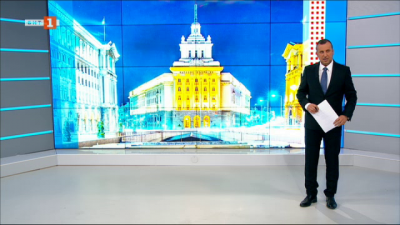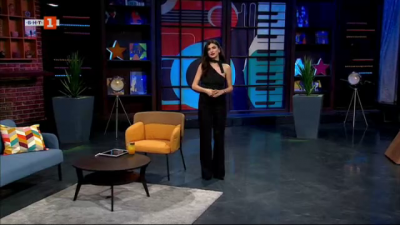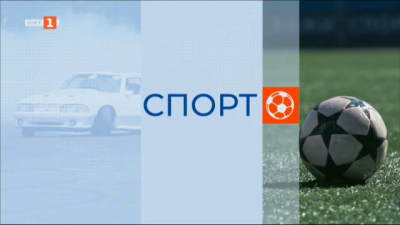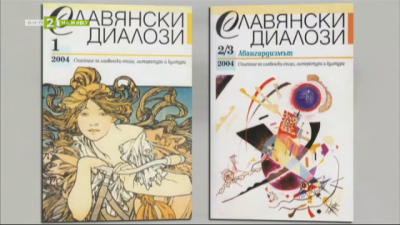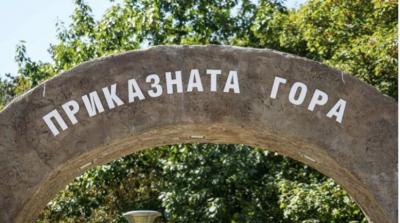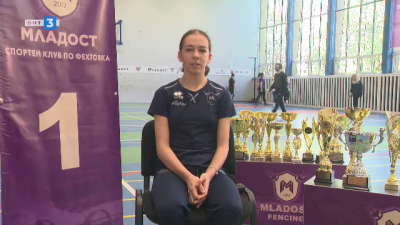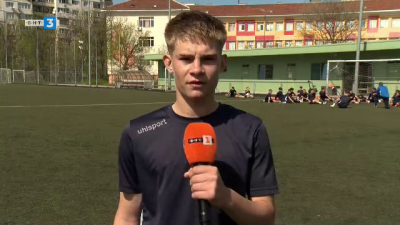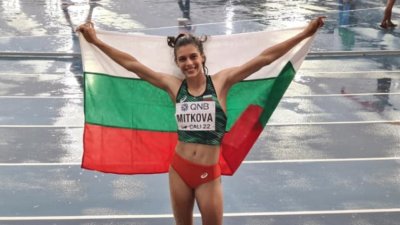Polls: President Radev’s approval rating falls, PM Borissov’s rating rises
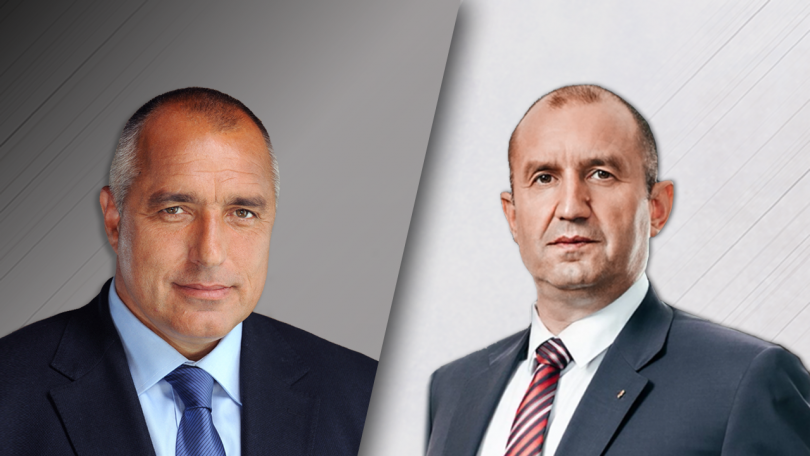
According to the results of an Alpha Research poll released on May 11, the approval rating of Bulgarian President Rumen Radev has seen an unprecedented fall while that of Prime Minister Boyko Borissov has increased , so that they are now on a near-equal footing (40% for Radev and 40% for Borissov).
The poll was conducted among 1000 adult Bulgarians via telephone interviews between April 28 and May 5.
In December 2019, President Radev had an approval rating of 48%, which has fallen to 40% in May 2020, while disapproval has increased by 10% (from 15% to 25 %).
PM Borissov’s approval rating in December 2019 was 30% and is now 40%. Disapproval of Borissov has decreased from 39% to a current 31%.
Alpha Research says that the parity between Radev and Borissov creates a totally different dynamic and intrigue before the upcoming presidential elections in the autumn of next year, for which Radev has been the strongest candidate so far.
The change in ratings, in the context of the coronavirus crisis, may have a significant impact on the upcoming parliamentary elections in 2021 as the opposition will not be able to rely so much on the strength of one of its few spokespeople with ability to influence public opinion.
Radev, elected on a ticket backed by the opposition Bulgarian Socialist Party, frequently criticises Borissov’s government. At the start of the Covid-19 situation in Bulgaria, Borissov and Radev had a brief truce, broken when Radev returned to publicly criticising the government.
The poll results show that 40 % believed that Bulgaria was doing better than most European countries in the fight against the coronavirus, 38%t believed that in some areas it was doing better and in others worse, while only 14% believed that the country was doing worse in every respect.
34% approved of Borissov’s position on the measures to curb the spread of the coronavirus in the initial acute phase of the crisis, while 27% approved of Radev’s position.
28% approved of Borissov’s position on the speed and approach to economic recovery. 24% supported Radev.
60% approved of the head of the national coronavirus task force, Major-General, Professor Ventislav Mutafchiyski, 25% were undecided and 15% had a negative view.
70% approved of the quarantine measures, feeling more secure because of them.
60%were supportive of the measures in the area of education, and especially the timely introduction of on-line distance learning for their children.
52% supported the social assistance measures for the most vulnerable and at-risk groups.
If we look at current expectations, we will also see that although tired or nervous about the restrictions, people are still dominated by fears and caution – preferring a slower and gradual return to normal life, with fewer swings and more predictable actions (40%), to high or very slow speed. In this regard, so far Borissov has managed to reconcile the two main public moods - the fear for personal and family life and health, and the impatience to get out of social isolation. Radev took a more ideological position in defence of the "citizen s and the economy", which, however, "hung" , as his main voters are not energetic young yuppies, who are the main exponents of such sentiments, but far more risky and therefore people of older age groups who are more concerned about their health. This led to a drop in Radev’s support, Alpha Research said.
27% supported relaxation of measures to take place slowly, even if it is at risk to the economy, 40% favoured more moderate speed, by going through several phases towards restoring the economy and normal life, 28% supported relaxation of measures as fast as possible in the belief that Bulgaria had not been seriously affected, while the financial situation was worsening. 5% were undecided.
The leader of the opposition Bulgarian Socialist Party (BSP), Kornelia Ninova, lost six points, with her approval rating dropping to 15%.
As regards, the BSP itself, the party lost about a third of its potential voters, falling from 21.5 % in December 2019 to 12.2% in May 2020.
Borissov’s centre-right GERB party saw a slight drop, from 21.7% to 20.8%.






